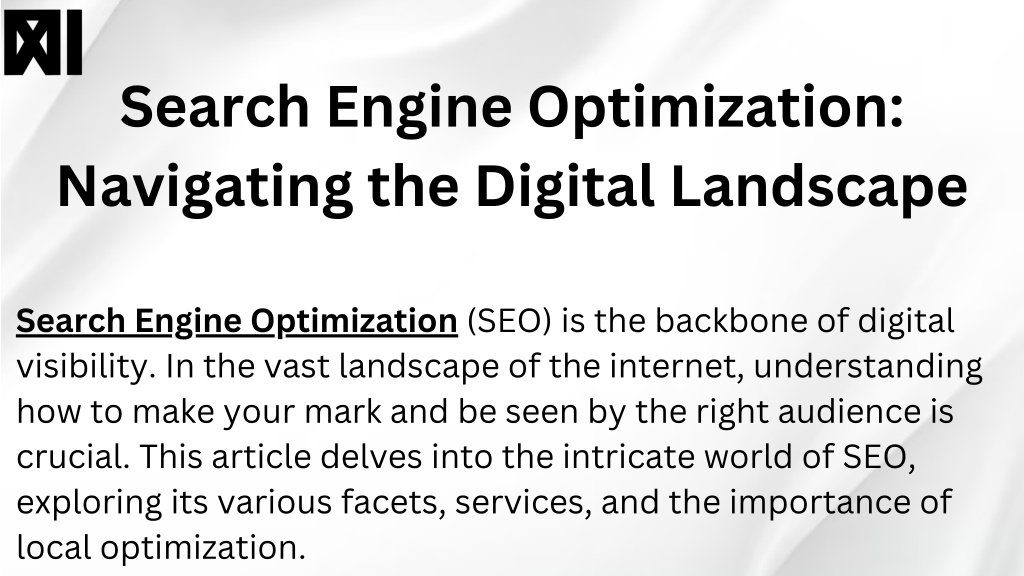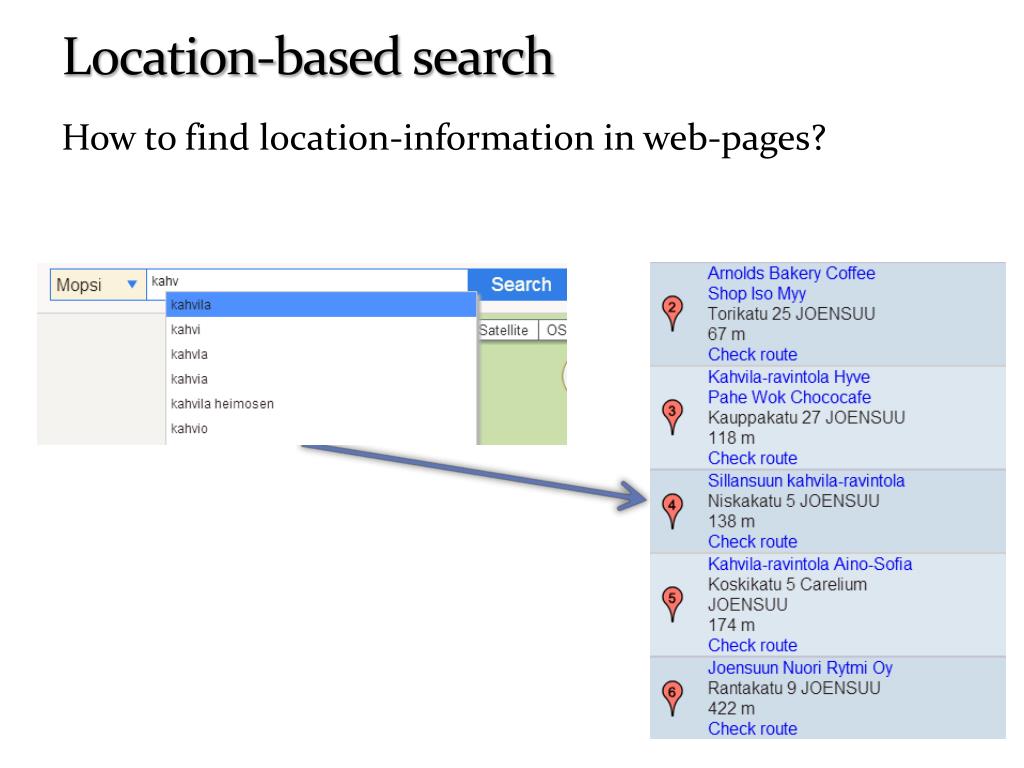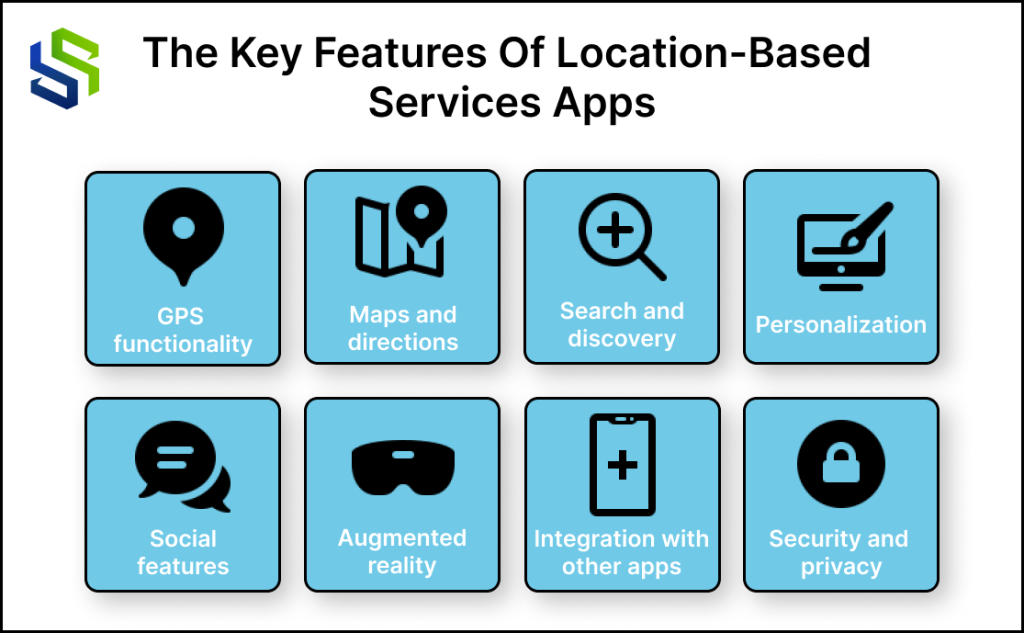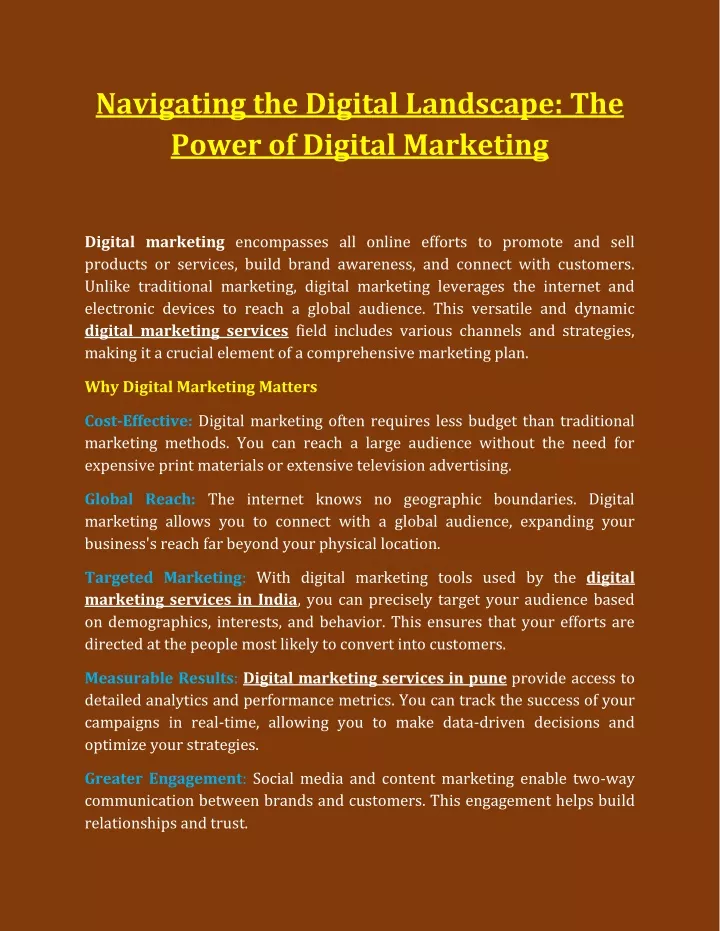Navigating the Digital Landscape: The Power of Location-Based Search
Related Articles: Navigating the Digital Landscape: The Power of Location-Based Search
Introduction
In this auspicious occasion, we are delighted to delve into the intriguing topic related to Navigating the Digital Landscape: The Power of Location-Based Search. Let’s weave interesting information and offer fresh perspectives to the readers.
Table of Content
Navigating the Digital Landscape: The Power of Location-Based Search

In the digital age, where information is readily accessible at our fingertips, the ability to locate businesses, services, and points of interest with ease is paramount. This is where location-based search, often referred to as "map find me," steps in, revolutionizing the way we interact with the world around us.
Understanding Location-Based Search
Location-based search is a powerful tool that leverages GPS technology and user location data to provide relevant and tailored search results. When a user initiates a search using a location-based platform, the platform utilizes their current location or a specified location to deliver results that are geographically proximate.
This technology has become ubiquitous, with platforms like Google Maps, Apple Maps, and Waze leading the way. Users can easily find restaurants, stores, gas stations, ATMs, and countless other points of interest, simplifying their daily lives and empowering them to make informed decisions.
The Benefits of Location-Based Search
The benefits of location-based search extend beyond mere convenience. Its impact reaches across various sectors, empowering businesses, enriching consumer experiences, and fostering innovation.
1. Enhanced Customer Experience:
- Convenience: Location-based search eliminates the need for users to manually input addresses, saving time and effort.
- Personalized Results: By utilizing user location data, platforms can deliver highly relevant search results, ensuring that users find what they are looking for quickly and efficiently.
- Seamless Navigation: Many platforms offer turn-by-turn navigation, guiding users directly to their desired destinations, reducing stress and frustration.
- Location-Specific Information: Users can access valuable location-specific information, such as business hours, contact details, reviews, and even menu options, enabling them to make informed decisions.
2. Business Growth and Visibility:
- Increased Visibility: Businesses can leverage location-based search to enhance their online visibility, reaching a wider audience.
- Targeted Marketing: Platforms allow businesses to target potential customers based on their location, facilitating effective marketing campaigns.
- Customer Engagement: Businesses can utilize location-based features to encourage customer interaction, such as offering special promotions or loyalty programs.
- Data Insights: Businesses can gain valuable insights into customer behavior, such as popular times for visits and preferred routes, informing strategic decisions.
3. Social and Community Impact:
- Community Engagement: Location-based platforms can facilitate community engagement by connecting users with local events, activities, and services.
- Emergency Response: In emergency situations, location-based search can be crucial for providing assistance and directing responders to the correct location.
- Social Navigation: Platforms can enable users to share their location with friends and family, fostering a sense of safety and connection.
- Accessibility: Location-based search can be particularly valuable for individuals with disabilities, providing them with access to information and services that may be difficult to find otherwise.
4. Innovation and Future Potential:
- Augmented Reality Integration: Location-based search can be integrated with augmented reality (AR) technology, providing users with immersive experiences and enhanced information.
- Smart City Development: Location-based data can be used to optimize city planning, traffic flow, and resource allocation.
- Internet of Things (IoT) Integration: Location-based search can be integrated with IoT devices, enabling users to interact with their surroundings in new and innovative ways.
FAQs on Location-Based Search
Q1. What are the privacy concerns associated with location-based search?
A1. Privacy is a legitimate concern with location-based search. Platforms collect user location data, which could be used for targeted advertising or other purposes. Users should carefully review the privacy policies of platforms they use and consider adjusting their privacy settings to limit the amount of data shared.
Q2. How can businesses optimize their presence on location-based platforms?
A2. Businesses can optimize their presence by ensuring their listings are complete and accurate, including business hours, contact details, and website links. They can also leverage features like photos, videos, and reviews to attract customers.
Q3. How can I find local businesses using location-based search?
A3. You can use platforms like Google Maps, Apple Maps, or Waze. Open the app, enter your desired search term (e.g., "restaurant," "coffee shop"), and the platform will display nearby options. You can also refine your search by specifying a particular type of business, price range, or user ratings.
Q4. What are some examples of location-based search applications?
A4. Examples include:
- Finding Restaurants: Using Google Maps to find nearby restaurants, reading reviews, and checking menus.
- Navigating to a Meeting: Using Apple Maps for turn-by-turn directions to a business meeting.
- Locating a Gas Station: Using Waze to find the nearest gas station with the cheapest fuel prices.
- Discovering Local Events: Using a platform like Eventbrite to find local events based on your interests.
Tips for Utilizing Location-Based Search Effectively
- Enable Location Services: Ensure your device’s location services are enabled to access location-based search features.
- Use Specific Search Terms: Use precise search terms to get more relevant results. For example, instead of "restaurant," try "Italian restaurant" or "vegan restaurant."
- Read Reviews: Pay attention to user reviews to get insights into the quality of businesses and services.
- Utilize Filters: Use filters to refine your search results based on criteria like price range, distance, or ratings.
- Explore Nearby Businesses: Use the "nearby" feature to discover businesses and points of interest within your vicinity.
- Share Your Location: Share your location with friends and family for safety and convenience.
- Check for Updates: Regularly check for updates to location-based platforms, as new features and functionalities are frequently added.
Conclusion
Location-based search has become an integral part of our digital lives, empowering us to navigate the world around us with ease and efficiency. Its benefits extend far beyond mere convenience, impacting businesses, enhancing customer experiences, and fostering innovation. As technology continues to evolve, we can expect location-based search to play an even more significant role in shaping our future.








Closure
Thus, we hope this article has provided valuable insights into Navigating the Digital Landscape: The Power of Location-Based Search. We hope you find this article informative and beneficial. See you in our next article!